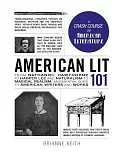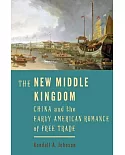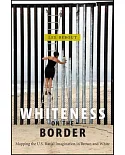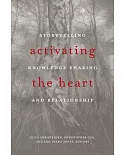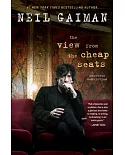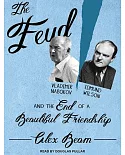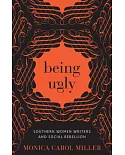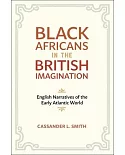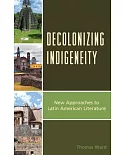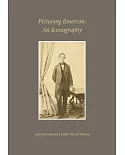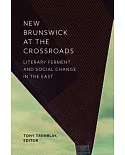Failure's Opposite presents a fresh perspective on Klein's reception and legacy, exploring why he has remained a compelling figure for critics and readers. His experimentalism drew upon
strong traditions and fluency in several languages - English, French, Yiddish, and Hebrew - allowing him to develop a multilingual, modernist Jewish voice that is a touchstone for
understanding Canada's multicultural identity. His struggle with the emotional and historical dimensions of diaspora is of considerable importance throughout his work and is investigated
through the lenses of translation, voice, and his relationship to other Jewish writers. Contributors also re-evaluate Klein's connection to Montreal and the original ways in which he captured
the atmosphere of his "jargoning city." Failure's Opposite reflects the many ways A.M. Klein is being remade, refashioned, and reconstructed in the twenty-first century, both as a bridge to
the past and a model for contemporary critical and creative work in Canadian literature.


